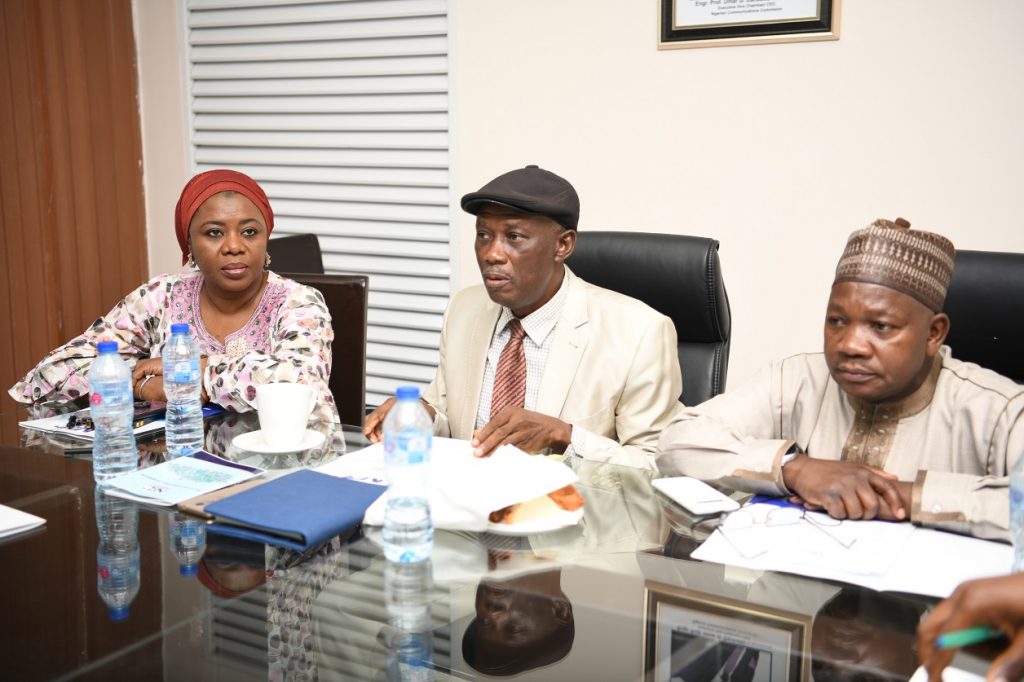
The Industry Consumer Advisory Forum (ICAF) has advocated the need for stakeholders to support the Nigerian Communications Commission (NCC) and Mobile Network Operators (MNOs) in the country to achieved improved quality of service (QoS).
ICAF stressed that stakeholders at the federal, state and local levels, both in public and private sectors should support the operators and regulator for delivery of services that will satisfy subscribers.
This was stated during a presentation made at its first quarter 2020 meeting recently held in Abuja.
At every meeting of ICAF, a corporate member is required to make a presentation about a topical issue in the sector.
At the latest meeting, the Association of Licensed Telecoms Operators of Nigeria (ALTON) made the presentation focused on challenges of quality of service delivery in telecoms sector.
In the presentation, ICAF noted that the challenge of poor QoS in the telecom industry is an issue that requires collaborative efforts of the National Assembly as well as state and local governments, to tackle.
Explaining further, ICAF stated that the collaboration is both urgent and necessary because telecoms has long migrated from being a mere enabler of communication, to an industry that has become widely acknowledged as being the most important enabler of socio-economic activities in contemporary society.
The advocacy body said as with every other sector of the economy, the telecommunications sector has its own peculiar challenges that impact on the ability of telecoms operators to deliver seamless services to customers.
ICAF listed the challenges to include infrastructure damage, bombed sites due to insurgent activities, illegal site lock-outs, unstable power supply and prolonged power outage, denial of statutory permits for infrastructure roll-out, high cost of Right of Way (RoW), and use of substandard devices by the consumers, among others.
Elaborating further, ICAF presentation indexed a situation where telecommunications operators continue to suffer various forms of infrastructure damage across the country, and noted that such a challenge usually leads to sudden outages or poor QoS.
ICAF recalled that at the onset of the insurgency in the North-East region, operators were also at the receiving end of the destruction that was visited on the infrastructure in the region.
He cited Adamawa, Borno and Yobe states as areas where hundreds of BTS sites were either bombed or affected due to dependence on a bombed site.
According to him, such vandalism resulted in loss of coverage in so many places including Dikwa, Gamboru, Monguno, Bama, Konduga and Damaturu.
“Operators have been able to restore a lot of these sites, while restorations at other facilities are still pending due to security concerns. In some cases those that were restored have been bombed again, but efforts are currently ongoing in collaboration with agencies in the security services and state governments, to secure sites,” ICAF noted in the presentation.
It also assured participants that “with these efforts it is hoped that there will be noticeable improvement in coverage, leading to reduced dropped calls in the affected areas.”










